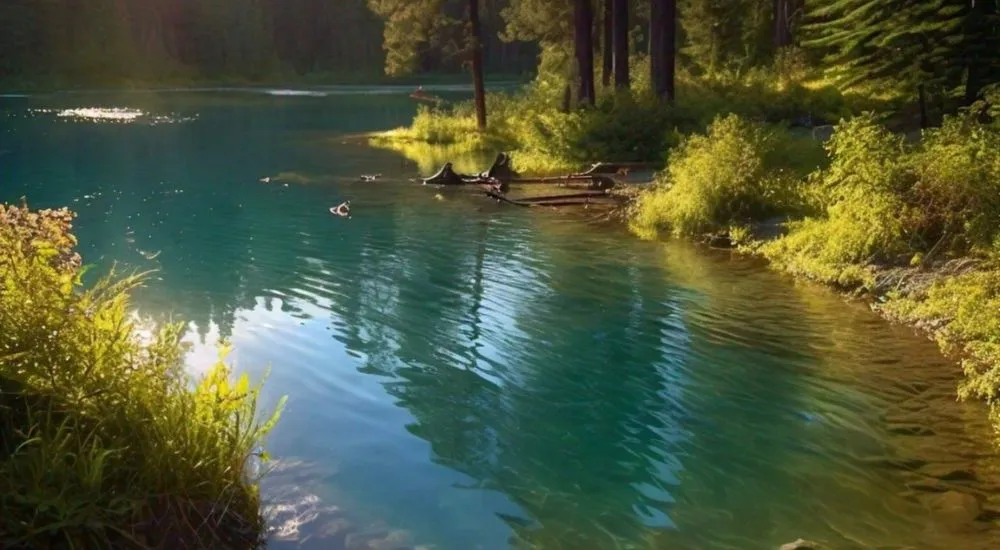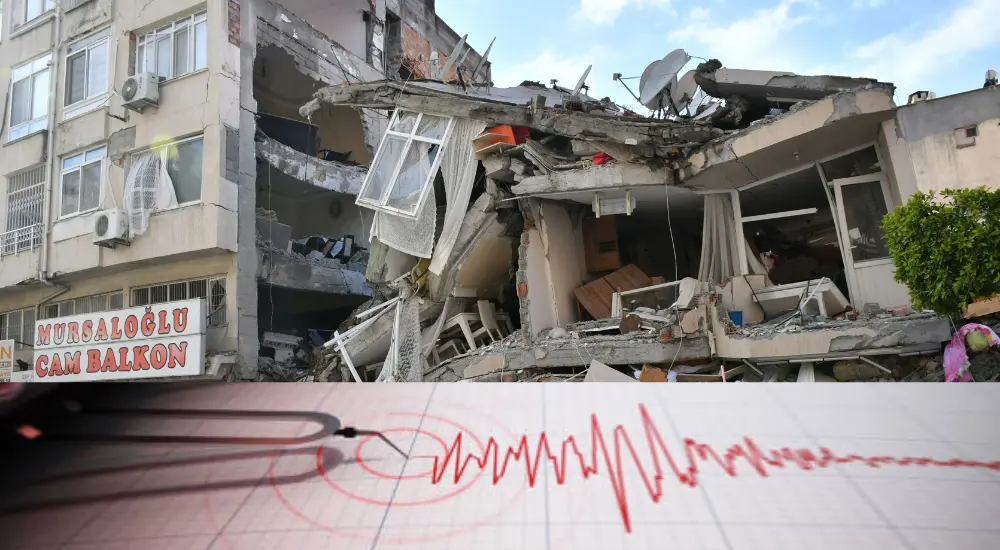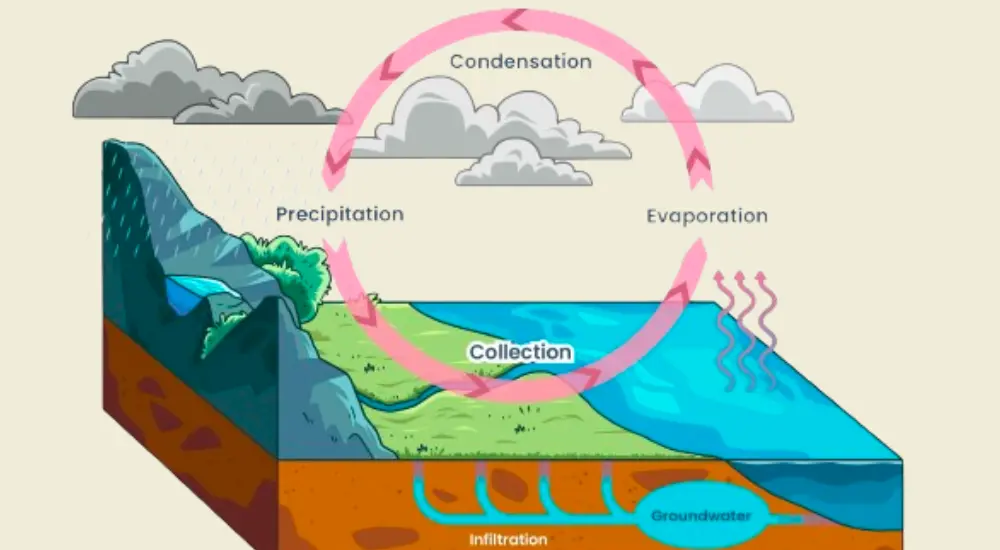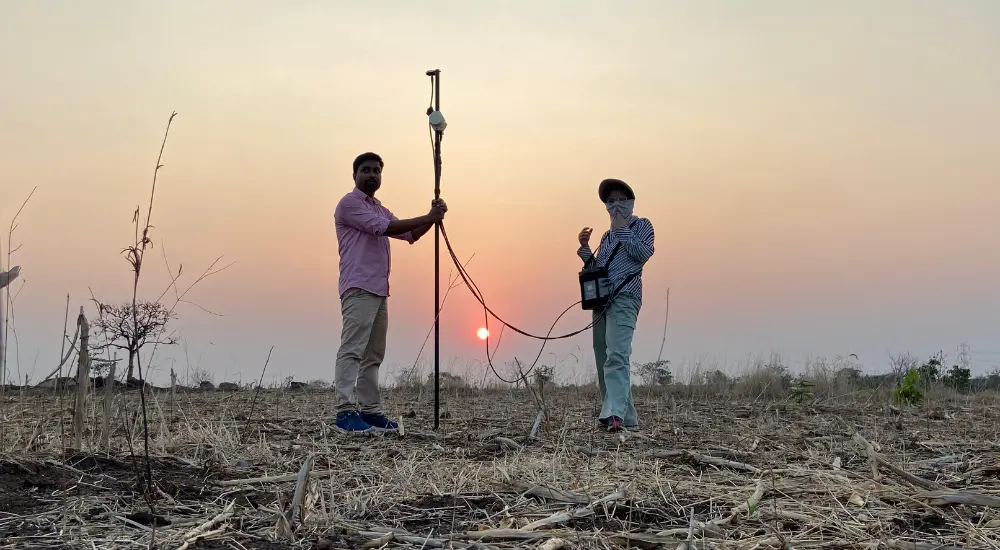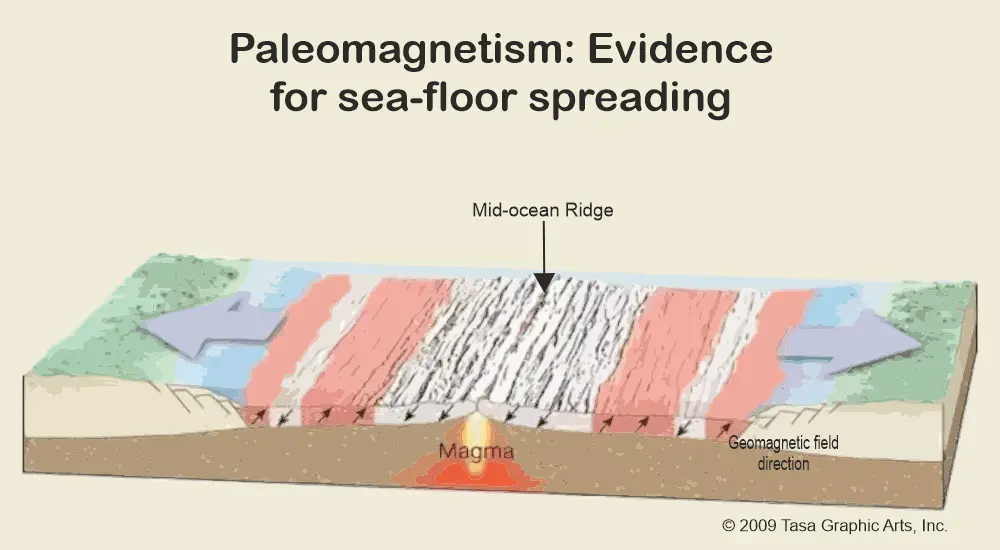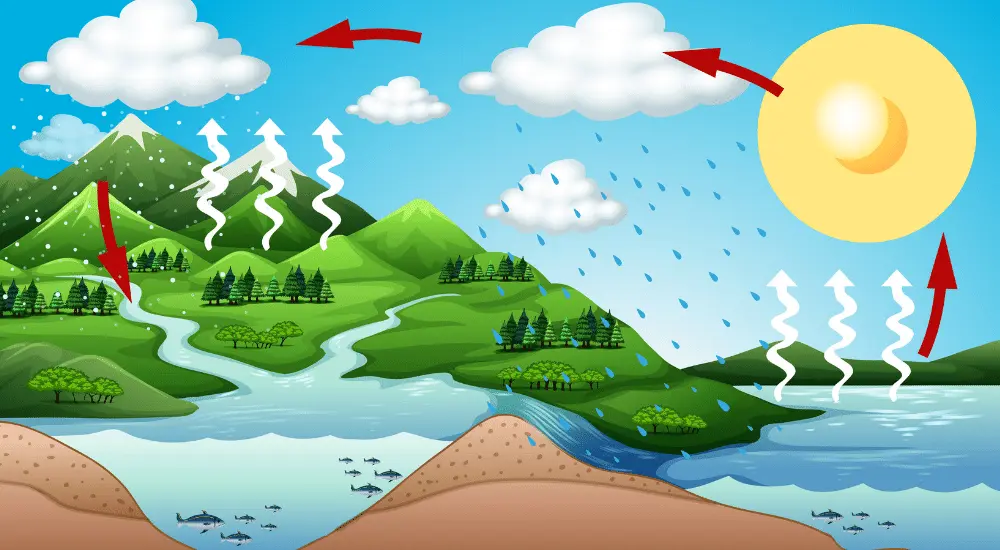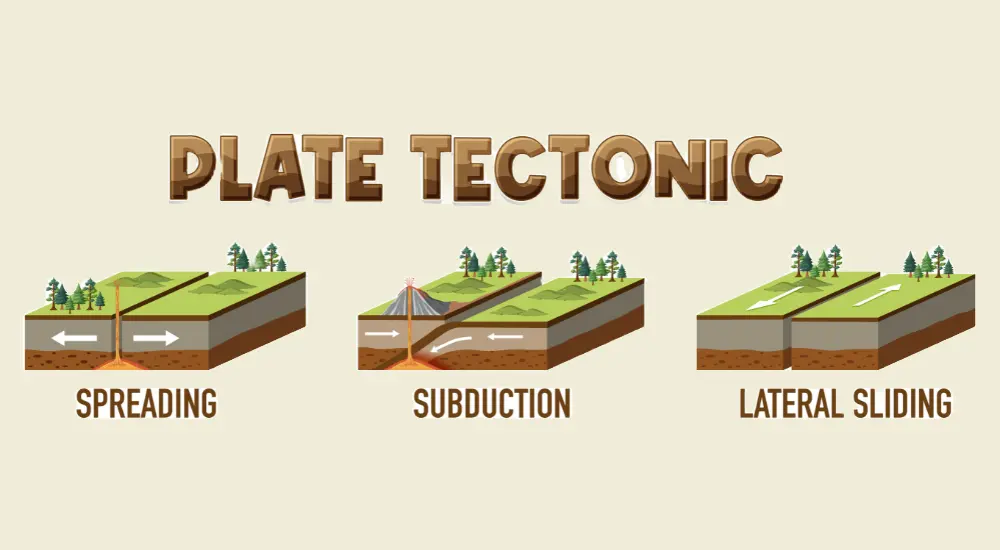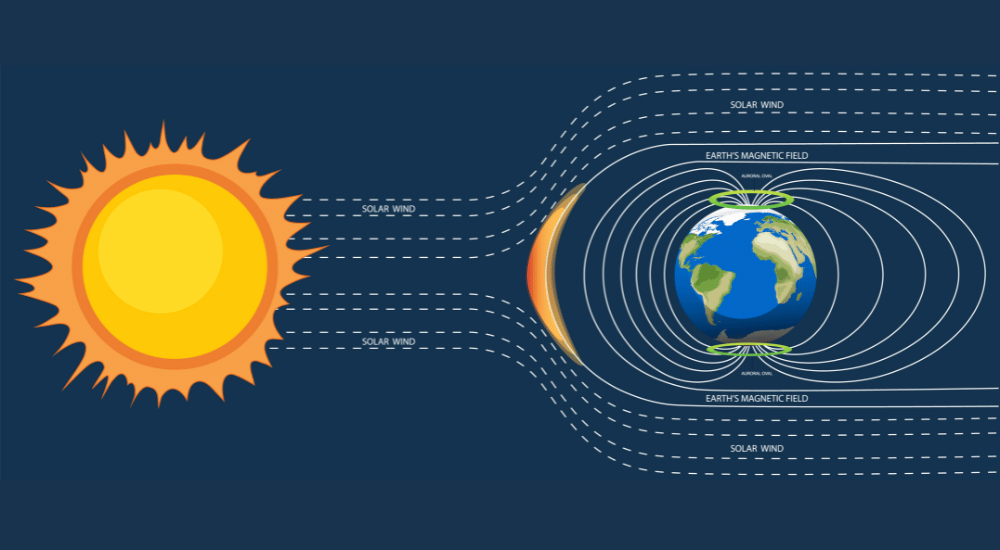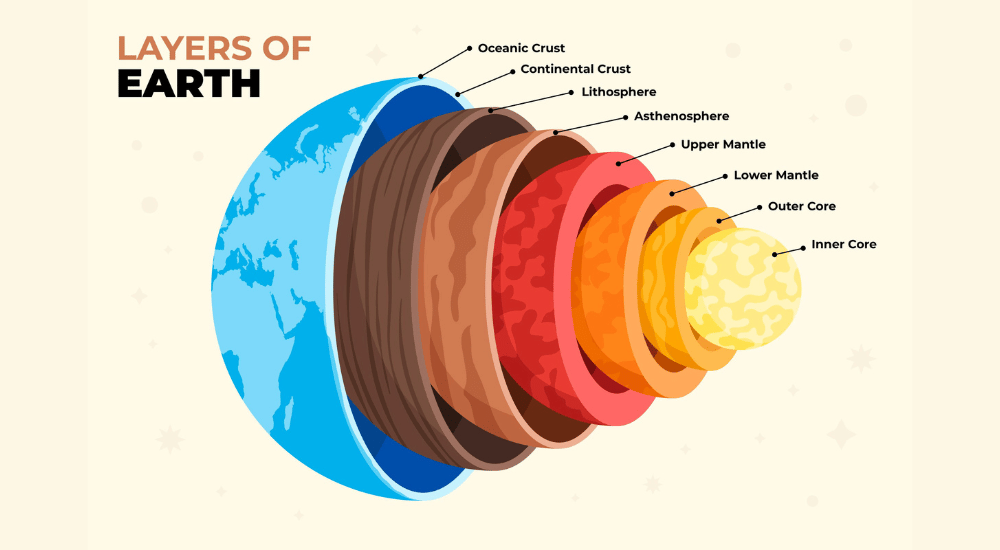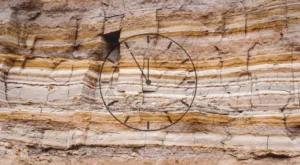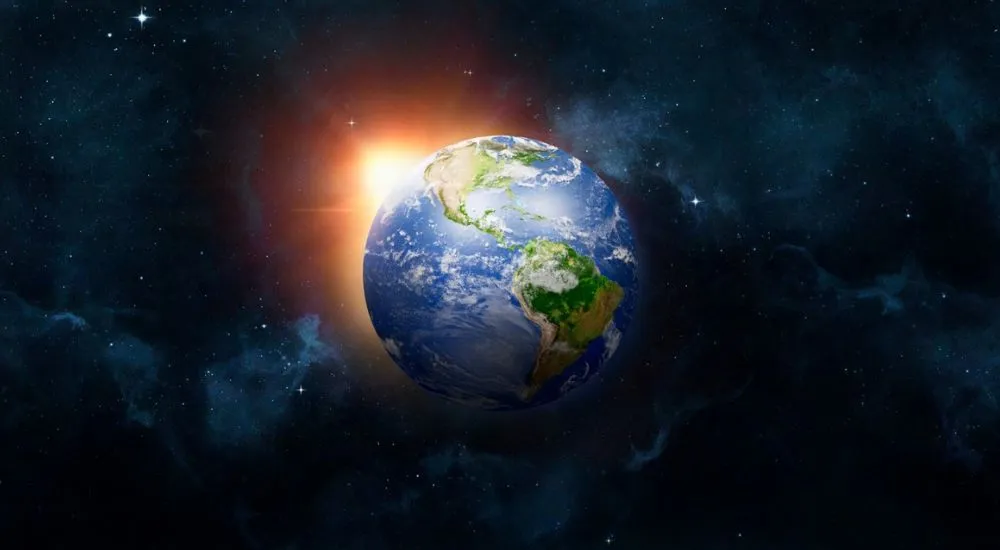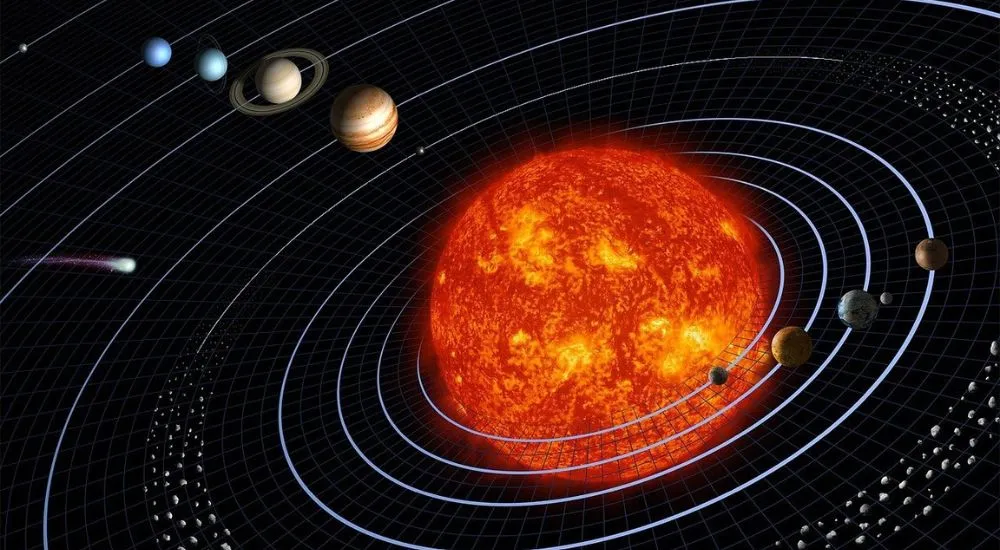Multiple-Choice Questions
Gravity methods in geophysics involve measuring variations in the Earth’s gravitational field to study subsurface features. These variations occur due to differences
Radiometric dating is a technique used to determine the age of rocks, fossils, and other materials by measuring the decay of radioactive
Surface water hydrology is the study of water bodies on the surface of the Earth. It deals with the movement, distribution, and
Earthquake seismology is the scientific study of earthquakes and the seismic waves that propagate through the Earth. Seismologists use instruments called seismometers
Groundwater hydrology, also known as hydrogeology or geohydrology, is the study of the water that resides beneath the surface of Earth in
Magnetic methods in geophysics are powerful tools for investigating the Earth's subsurface. By measuring variations in the Earth's magnetic field using magnetometers,
Palaeomagnetism is a unique key to unlock the geological history of the Earth. Paleomagnetic dating is a method used to examine the
The Moon, Earth's loyal companion, has fascinated humanity for eons with its luminous presence in the night sky. The journey through the
The hydrological cycle, or water cycle, is a remarkable natural process that ensures the continuous circulation of water on our planet. The
The Plate Tectonic Theory revolutionized our understanding of Earth's dynamic surface. It proposes that Earth's lithosphere is divided into tectonic plates that
Geomagnetism is the scientific study of Earth's magnetic field and its influence on our planet. This captivating field of research delves into
The internal structure of the Earth is a fascinating topic that unveils the secrets hidden beneath our feet. Comprising four layers, the
Earthquake seismology is the scientific study of earthquakes and the seismic waves that propagate through the Earth. Seismologists use instruments called seismometers
The Plate Tectonic Theory revolutionized our understanding of Earth's dynamic surface. It proposes that Earth's lithosphere is divided into tectonic plates that
The internal structure of the Earth is a fascinating topic that unveils the secrets hidden beneath our feet. Comprising four layers, the
Surface water hydrology is the study of water bodies on the surface of the Earth. It deals with the movement, distribution, and
Groundwater hydrology, also known as hydrogeology or geohydrology, is the study of the water that resides beneath the surface of Earth in
The hydrological cycle, or water cycle, is a remarkable natural process that ensures the continuous circulation of water on our planet. The
Radiometric dating is a technique used to determine the age of rocks, fossils, and other materials by measuring the decay of radioactive
Palaeomagnetism is a unique key to unlock the geological history of the Earth. Paleomagnetic dating is a method used to examine the
The Geological Time Scale (or Geochronological Scale) offers a captivating journey through Earth's ancient history. Organized into eons, eras, periods, epochs, and
Gravity methods in geophysics involve measuring variations in the Earth’s gravitational field to study subsurface features. These variations occur due to differences
Magnetic methods in geophysics are powerful tools for investigating the Earth's subsurface. By measuring variations in the Earth's magnetic field using magnetometers,
Palaeomagnetism is a unique key to unlock the geological history of the Earth. Paleomagnetic dating is a method used to examine the
Geomagnetism is the scientific study of Earth's magnetic field and its influence on our planet. This captivating field of research delves into
The Moon, Earth's loyal companion, has fascinated humanity for eons with its luminous presence in the night sky. The journey through the
The Earth is the third planet from the Sun and the only known place in the universe that supports life. Covered mostly
Our solar system is a fascinating part of space with the Sun at its centre. Surrounding the Sun are eight planets—Mercury, Venus,




